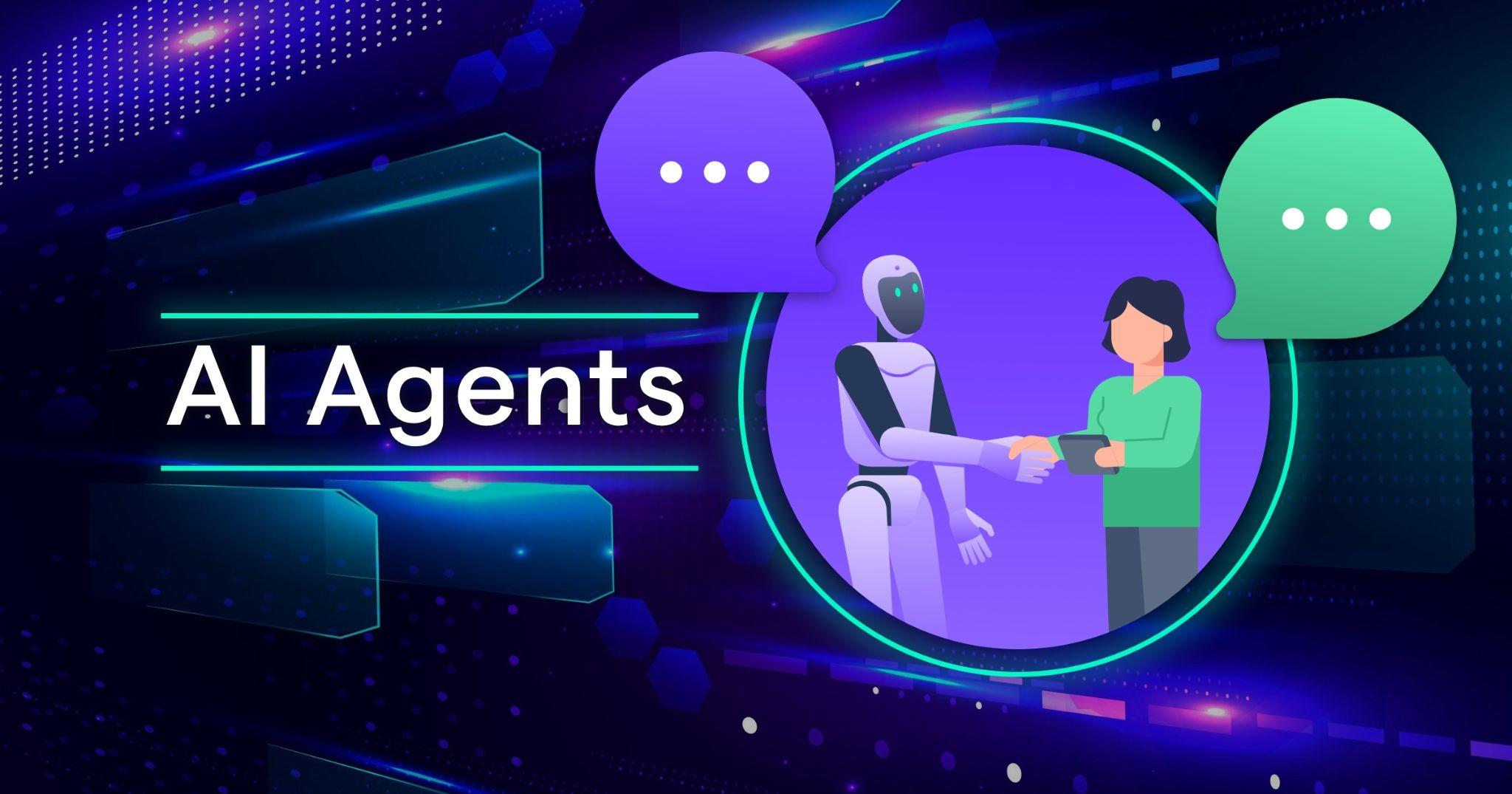AI Agents

- 22 May 2024
Why is it in the News?
Known as ‘AI agents’, GPT-4o and Project Astra have been touted as far superior to conventional voice assistants such as Alexa, Siri, and Google Assistant.
What are AI Agents?
- AI agents are sophisticated AI systems that can engage in real-time, multi-modal (text, image, or voice) interactions with humans.
- Unlike conventional language models, which solely work on text-based inputs and outputs, AI agents can process and respond to a wide variety of inputs including voice, images, and even input from their surroundings.
- AI agents are designed to perceive their environment and take actions in order to achieve specific goals.
- They perceive their environment through sensors, process the information using algorithms or models, and then take actions using actuators or other means.
- AI agents can range from simple systems that follow predefined rules to complex, autonomous entities that learn and adapt based on their experiences.
- They're utilized in various fields, including robotics, gaming, virtual assistants, autonomous vehicles, and more.
- These agents can be reactive (responding directly to stimuli), deliberative (planning and making decisions), or even have learning capabilities (adapting their behaviour based on data and experiences).
How are they Different From Large Language Models?
- While large language models (LLMs) like GPT-3 and GPT-4 have the ability only to generate human-like text, AI agents make interactions more natural and immersive with the help of voice, vision, and environmental sensors.
- Unlike LLMs, AI agents are designed for instantaneous, real-time conversations with responses much similar to humans.
- LLMs lack contextual awareness, while AI agents can understand and learn from the context of interactions, allowing them to provide more relevant and personalised responses.
- Also, language models do not have any autonomy since they only generate text output.
- AI agents, however, can perform complex tasks autonomously such as coding, data analysis, etc.
- When integrated with robotic systems, AI agents can even perform physical actions.
What are the Potential Uses of AI Agents?
- AI agents can serve as intelligent and highly capable assistants.
- They are capable of handling an array of tasks, from offering personalised recommendations to scheduling appointments.
- AI agents can be ideal for customer service as they can offer seamless natural interactions, and resolve queries instantly without actually the need for human interventions.
- In the field of education and training, AI agents can act as personal tutors, customise themselves based on a student’s learning styles, and may even offer a tailored set of instructions.
- In healthcare, they could assist medical professionals by providing real-time analysis, diagnostic support, and even monitoring patients.
Risks and Challenges Associated With AI Agents:
- While AI agents showcase immense potential for the future, they are not without risks.
- Privacy and security are a key area of concern as AI agents gain access to more personal data and environmental information.
- Just like any AI model, AI agents can carry forward biases from their training data or algorithms, leading to harmful outcomes.
As these systems become more common, appropriate regulations and governance frameworks should be laid out to ensure their responsible deployment.
